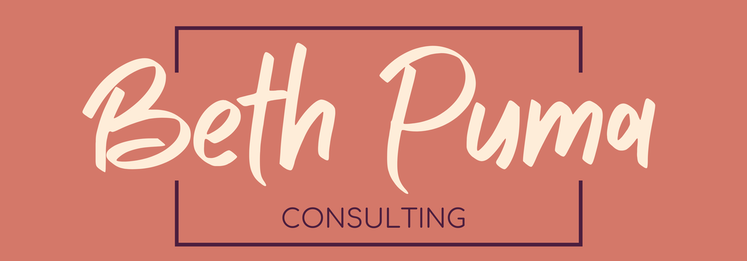 Photo by Sarah Wolfe on Unsplash Photo by Sarah Wolfe on Unsplash In bell hooks' All About Love she writes "The word ‘love’ is most often defined as a noun, yet we would all love better if we used it as a verb." This book deeply impacted me when I first read it as a young person in my early 20s. I read this book in parallel to my first year of teaching; a hot mess express to describe it plainly. As an educator, I knew what I valued, I knew what I believed in, yet I consistently found my classroom not in alignment with what I said I valued. I internalized this often as a young educator and felt a great deal of shame around it. However, I realized I had serious unlearning and learning to do. Despite what many problematic narratives might tell you about schools and our students, the mistakes I was making in my classroom were very much my own. I have spent the rest of my career working to refine my craft, so that my curricular decisions and pedagogical practices are working to be in alignment with my values. As educators we have control over our instructional design. We can work to design experiences for our multilingual learners that are student-centered, driven by inquiry and discussion. We can scaffold these experiences progressively, so that our students feel the pedagogy of hope and horizon rather than restricted by spoon feeding disguised as "supports" that rob them of their intellectual curiosity. We can nurture the incredible power of translanguaging in our classrooms so that our students are seen and empowered. Did you see what I did there? I bolded all those verbs. These are just some of the verbs of a linguistic pedagogy of love.  Photo by Baim Hanif on Unsplash Have you signed up for my newsletter yet? In this month's newsletter I will share some concrete strategies for building an asset/strength based muscle; a muscle needed to teach with love.
0 Comments
Your comment will be posted after it is approved.
Leave a Reply. |
Beth PumaI am an MLL specialist, coach, and educational consultant that is dedicated to building a more transformative educational landscape that honors linguistic diversity and challenges societal paradigms. Archives
July 2024
Categories
All
|
